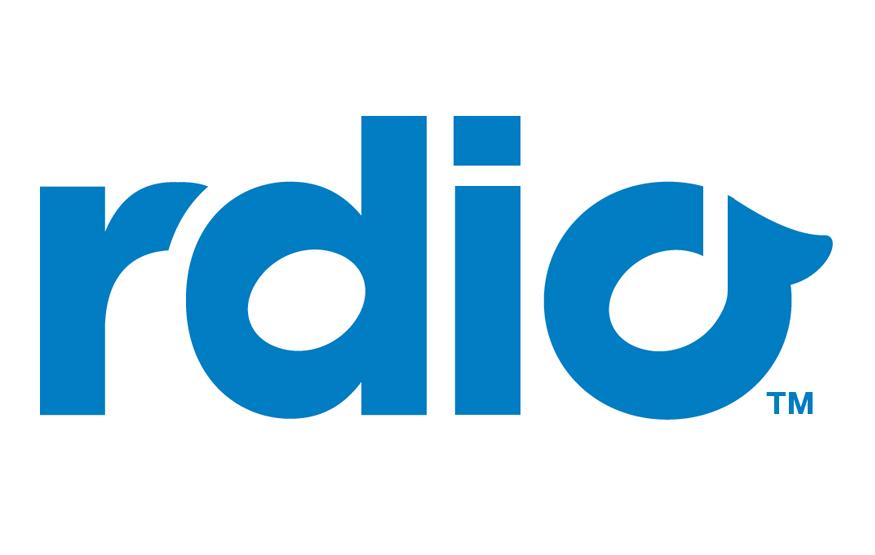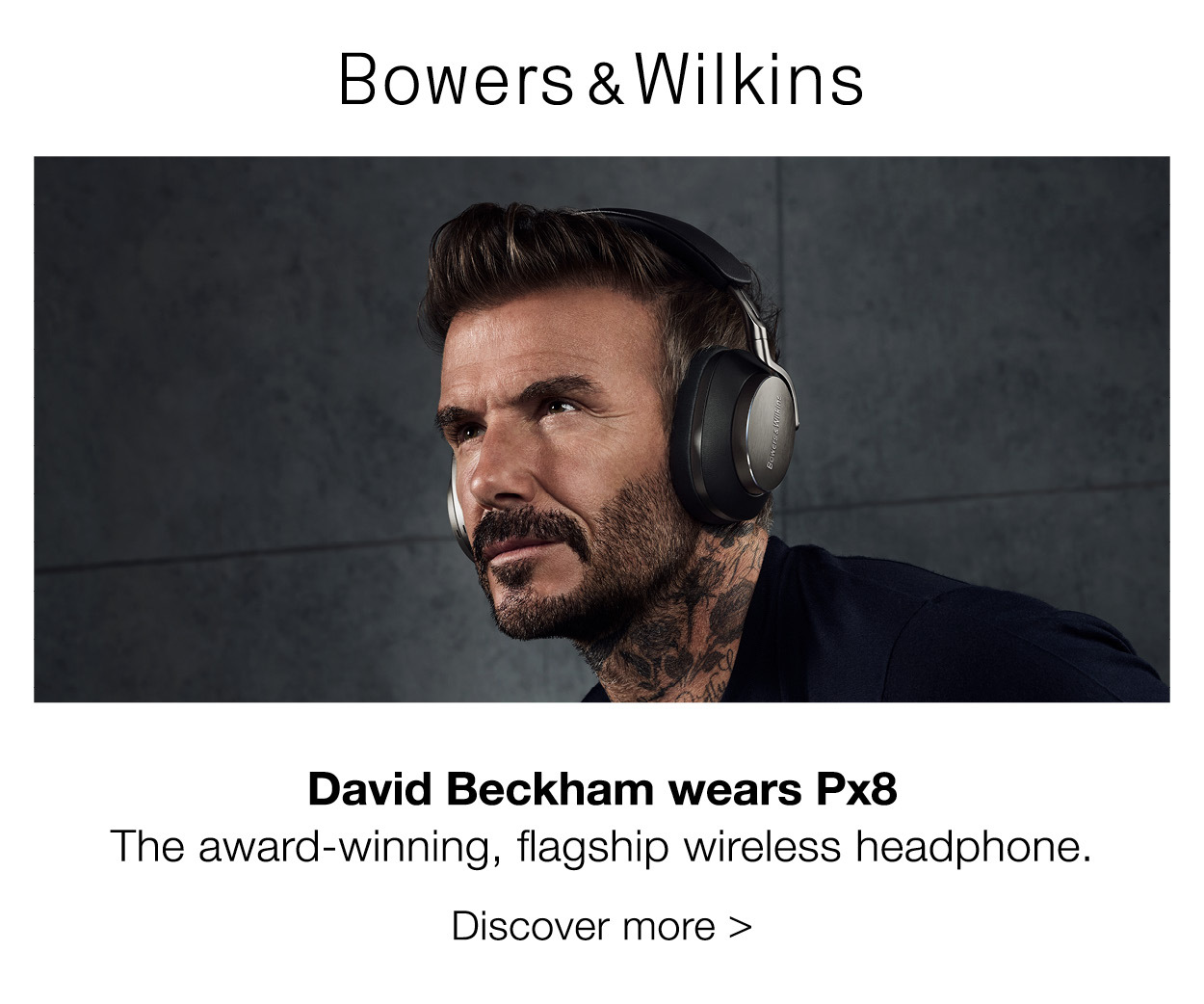What’s keeping Rdio and Taylor Swift together?

Last year pop musician Taylor Swift made headlines by pulling her entire discography from music streaming service Spotify, stating music streaming services didn't appropriately value her art. Despite this, with the exception of her latest LP, all of Taylor Swift's music is available on competing service Rdio, which also has both premium and free tiers.
Rdio CEO Anthony Bay attributes this to because of how similar Rdio's free offering is to traditional radio.
"In our free version it works very similar to radio, and [Swift] and her label are quite comfortable with the idea of radio because it's discovery. It's like picking a station, you don't control what you listen to," said Bay. "She was upset other services, because those services let people listen to her music for free. They can say 'I just want to listen to Taylor Swift's record' and they don't have to pay, and that was what she didn't like."
Rdio's free tier lets users create their own personal, ad-supported radio stations. Like radio, users can't choose exactly what they listen to, but they can say that they want to listen to a station with music that sounds like Taylor Swift, which will then mix in the artist's songs with others in the same genre. While users can't rewind or restart a song, they can skip up to six songs per hour. Not only does this allow Taylor Swift fans to listen to some of her music for free, it allows others to discover it.
"It's just like radio," said Bay. "You pick the program, but we have an unlimited number of programs from a very large library of 35 million songs."
Following on, Bay suggested that not all music streaming services are created equal, and that not all services compensate artists in the same manner.
"Just like any other business, each service or each company tries to define itself or its customers differently. We also believe it should be the artists' choice as to where their music goes. We tend to have very good relationships with artists because we believe the model should work for them, and you don't hear the same kind of negative comments about Rdio that you do about other services."
But Bay said its not surprising that artists and labels are apprehensive about streaming.
"When you go through a change, there's always concern by people," said Bay. "When iTunes came out, people said 'oh my god, they're selling singles, that's going to destroy the music business' because the music business sells albums, sells record."
"But now iTunes is mainstream, people for the most part, don't really think about a world when you couldn’t buy individual tracks. And there was a lot of upset bands, and a lot of artists had a lot of concerns, but eventually things worked themselves out. I think you're seeing the same thing in subscription and streaming, with artists really trying to understand how it fits in."
Despite the controversy around streaming, Bay believes that the services such as Rdio are beneficial for the musicians, and make it easier for them to have their music heard.
"People are listening to more music than ever before, and they can do that in a legal way," said Bay. "When I have to go buy someone's record, I might or might not. I hear it but I think 'do I really want to spend $15 on the record?' But as a subscriber to a service like Rdio, I can listen to it at no additional cost. [Because of this] we think discovery will go up, opportunity to connect with fans will go up, people will listen to more music."
"People love music, everywhere you go in the world, people love music," said Bay. "It's now become easier and easier music be a part of your life."







